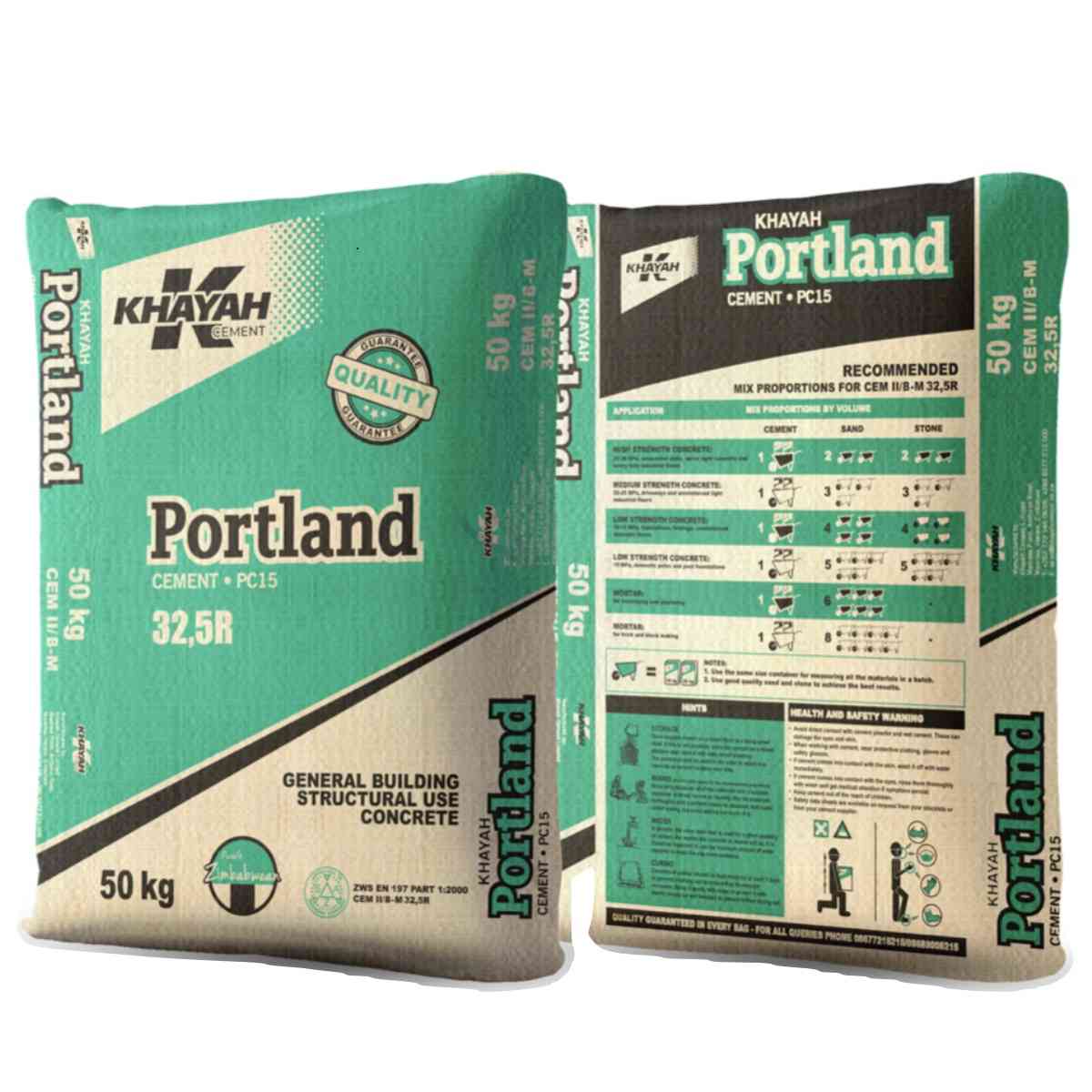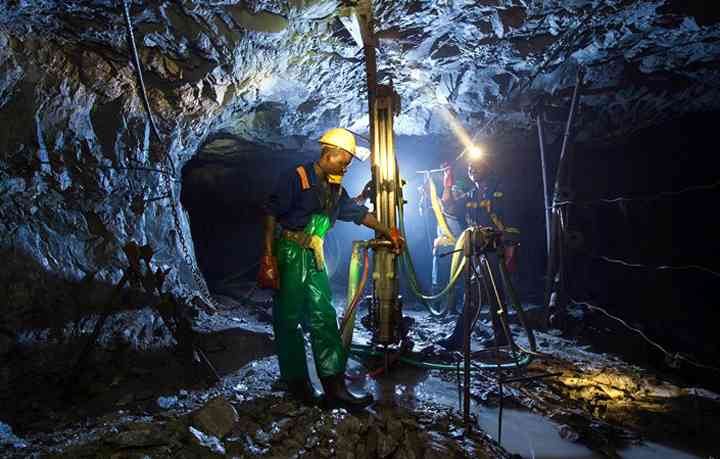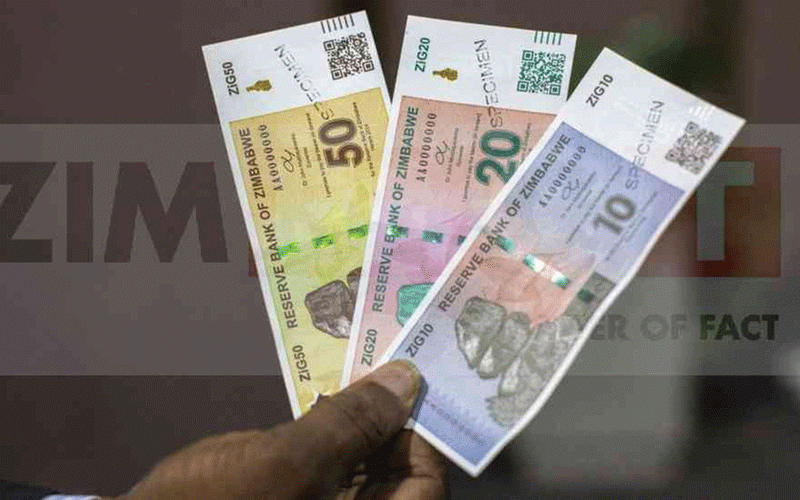
THE Mutapa Investment Fund has revealed that State-owned enterprises (SOEs) are responsible for the country’s burgeoning debt crisis which is now past US$20 billion.
According to official Treasury statistics, public debt grew to nearly US$21 billion as of the end of June from about US$17,7 billion as of September 2023. Of this public debt, as of June, US$12,48 billion was external while US$8,79 billion was domestic.
Speaking at the 8th Public Sector Convention hosted by the Institute of Chartered Accountants of Zimbabwe in Gweru last week, Mutapa chief Investment officer Simba Chinyemba said the country’s debt crisis had deprived SOEs of access to funding resulting in them under performing.
“So, the financial constraints have become an issue as it has been difficult to access credit. There has been a lot of debt, Zimbabwe currently has a debt of just under US$20 billion, of which a large part may be about US$4 billion in domestic debt and the rest is all international,” Chinyemba said.
“And for most of that, it has gone towards trying to capacitate public entities and then of course solve other problems. So public entities have been a very big source of the debt that we face in the country.”
The revelation comes as the bulk of the companies housed under the fund are under performing, amid fears Mutapa would be an amalgamation of weak institutions.
There are 30 SOEs and parastatals currently under Mutapa which gives it a portfolio of 66 firms, including intermediary holding companies, operational and dormant entities, listed companies and the SOEs themselves.
“Part of Zimbabwe’s public sector is operating with low-profit margins. Some of them are essential because they provide public goods, but some of them have been in a very much lower placed industry because they have been around for a long time and the market has diminished over time, as the environment is becoming more competitive,” Chinyemba said.
- Mnangagwa renames Sovereign Wealth Fund of Zimbabwe
- Is Zim ready for Sovereign Wealth Fund?
- Mutapa Fund needs scrutiny
- Go back to the drawing board
Keep Reading
“Moreover, we have got about 66 companies that are under Mutapa, all operational. So, there is huge competition for resources. Then of course, operational inefficiencies, many companies are operating outdated equipment and technologies. There is a lot of outdated infrastructure out there that needs to be brought to 2024.”
He cited bureaucracy issues, skills shortage, political interference, lack of transparency, weak board oversight and too much board oversight, as constraints to SOEs.
“We have a few board chairpersons who think they are executive board chairs, even if they are non-executive. They have offices at the companies that they sit on the boards, they go there and ask for weekly reports and sometimes they follow up on clients,” he said.
“I do not understand why anyone thinks that is a good idea when you are a chairperson of a board, but that is what we have seen in our public entities and that is one of the biggest reasons why they are under performing.”
He said that while there were also other economic factors, external factors, the volatility of the global economy and global market conditions, it was important to maintain the governance structures of the SOEs.
“I think when we do our attribution analysis of the performance of businesses, we are very much comfortable allowing for fluctuations in commodity prices, things that we know we cannot control. But, for things that we can control, those are frankly unacceptable to us,” Chinyemba said.
In November 2022, the Office of the President and Cabinet department for Policy Analysis, Co-ordination and Development Planning revealed that SOEs and parastatals required US$30 billion in fresh capital.
This comes after years of mismanagement and corruption reduced SOEs economic contribution to a current range of between 12% and 15% from a peak of 40%.










